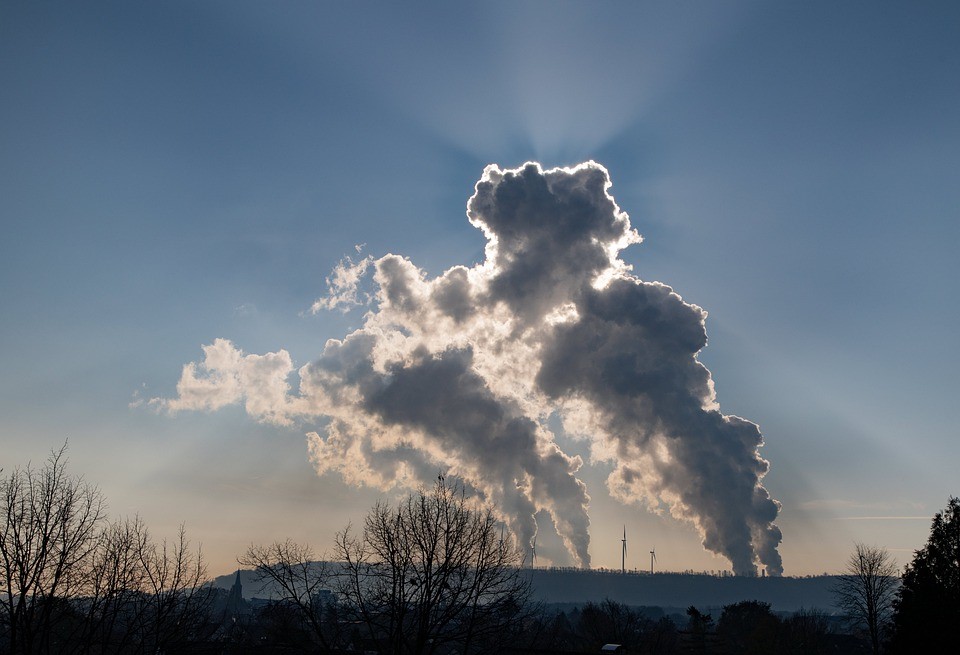ESG
Regime Shift: The Accelerating Response To Climate Change – Schroders

Schroders' environmental economist Irene Lauro discusses how the world is responding to this regime shift and how the Ukraine conflict has added urgency to efforts to transition to green economies.
A new regime in policy and market behaviour is prompting action to head off unchecked global warming, Irene Lauro at Schroders, a global investment firm, said in a statement last week.
Countries are likely to rapidly accelerate the decarbonisation of power generation as emissions need to fall by more than 40 per cent in the next seven years as a vital interim step towards achieving net zero by 2050.
The response to climate change has accelerated in recent years, she added. Concerns around energy security following Russia’s invasion of Ukraine have also recently accelerated the appetite for rapid change, particularly in the EU, and Lauro thinks that there is more to come as economies continue to face larger physical damages on the back of higher temperatures.
In particular, she expects carbon prices to start rising across many economies in order to internalise the costs of carbon emissions. “Other policy measures such as Carbon Border Adjustment Mechanisms will also become a key feature of a new world order,” Lauro said.
“In all but the most optimistic of scenarios – where rapid green technology advancements offset the worst of the productivity losses as high carbon taxes discourage production and lower overall economic output – climate mitigation will negatively impact global growth,” she continued.
“Higher carbon taxes are going to increase energy prices and result in higher inflation in all major economies,” she added. “Fossilflation, stronger price growth on the back of higher carbon pricing, will be most acute in the early stages of the energy transition, as economies are still heavily reliant on fossil fuels as sources of energy. Inflationary pressures will also come from a shortage of key minerals and metals,” she said.
“Both the EU and US are set to foster more localised supply chains for green technology to achieve their energy transitions. They seem likely to co-operate on greening their economies and accepting the stagflationary risks of the changes required for meeting net zero,” Lauro continued. "Companies investing in technology such as carbon capture and storage, new transport infrastructures, smart grids, and sustainable hydrogen are all likely to be targeted by investors," she added.
“Innovation will be another key force disrupting the global economy. Technological advance is needed in order to achieve deep emissions' reductions and governments are likely to provide more support for R&D spending,” she said. "Technological change will stimulate economic growth, while lowering inflation over the long-term. This is because the successful deployment of new technologies means that carbon taxes do not need to rise as much as they would have otherwise," she continued.
“Investment across the sustainable energy value chain has already increased sharply since the Paris Agreement and prospects for larger capital inflows in these key sectors are good,” she added. "Since the Paris Agreement was signed in 2015, investment rose from $650 billion to $1.3 trillion in 2022. Investment in electrified transport grew the most over this period, rising at an average pace of 60 per cent annually, but renewable energy keeps leading the way, attracting the largest amount of capital every year," she said.
“Energy transition companies that will best deploy this capital are likely to generate significant equity growth, creating large opportunities for investors,” she concluded.